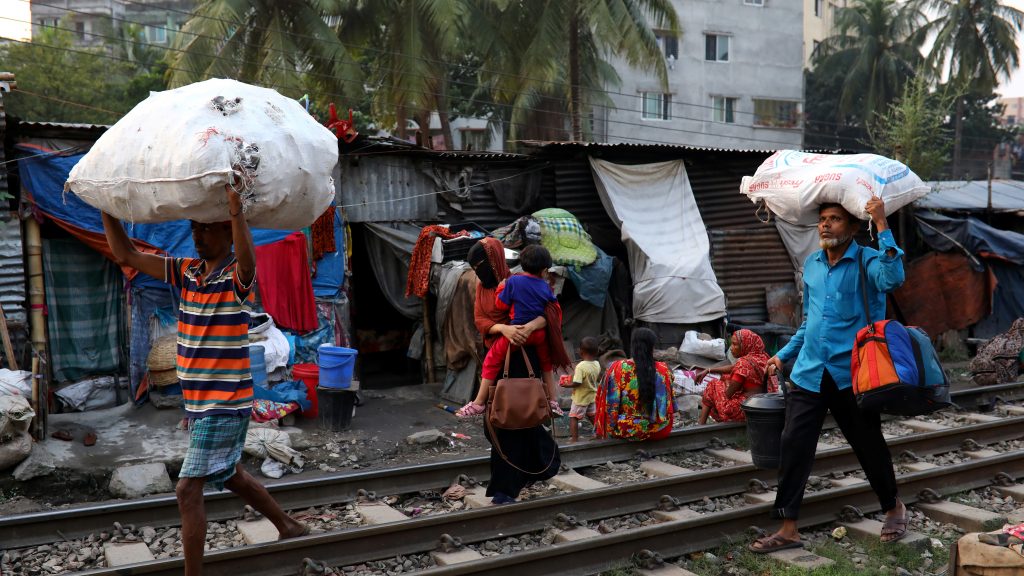Catholic faithful in a Bangladesh archdiocese paid tribute to early Christian missionaries and martyrs for "priceless sacrifices" that were instrumental in laying the foundation of the church in the south Asian country.
Hundreds of Catholics attended a Mass at Our Lady of the Holy Rosary Cathedral in the port city of Chittagong Nov. 14 and a blessing of a monument to the martyrs, ucanews.org reported.
Archbishop Moses Costa of Chittagong during the ceremonies designated Nov. 14 to be observed in the archdiocese as Christian Martyrs' Day.
"Christian faith arrived at Chittagong in 1518 and over the past 500 years, the church has attained maturity in faith," Archbishop Costa said.
"We must remember that the Christian faith we behold today has come through a long, sad and bloodied history. Many Christians have shed their blood to keep the faith alive and propagate it," he said.
The archbishop announced that every archdiocesan parish would observe Christian Martyrs' Day and pay tribute to Jesuit Father Francesco Fernandez, the first missionary and martyr of Bengal, as well as hundreds of Christian martyrs of the early 17th century.
In 1517, Portuguese Catholic merchants landed at Chittagong port and left after concluding their business.
A second group of Portuguese traders arrived the following year and decided to settle in Chittagong and nearby Diang, where they started the first Christian settlements in the erstwhile East Bengal, now Bangladesh. Catholic missionaries then followed the settler Christians.
In 1598, Father Fernandez and Jesuit Father Dominic D'Souza -- arrived in Chittagong and were followed by a band of European missionary priests, marking the beginning of the Catholic Church in East Bengal.
In the early 1600s, the new church faced a crisis amid a tug of war between the Mughal Empire, which ruled what was then India, and Arakan, which is now part of Myanmar's Rakhine state.
In 1600, the Arakan army invaded and looted Chittagong and Diang. Some historians believe the violent attacks resulted from the Arakan leader's anger toward the Portuguese for supporting the Mughal emperor during the war between the Mughals and the Arakanese. Others say it was part of a long-standing fight between the two kingdoms over control of Sandwip Island in the Bay of Bengal.
The Arakan army launched another offensive in 1602 and obliterated most the churches and Christian communities in Chittagong and Diang.
The monument commemorates the lives lost during the offensive.

